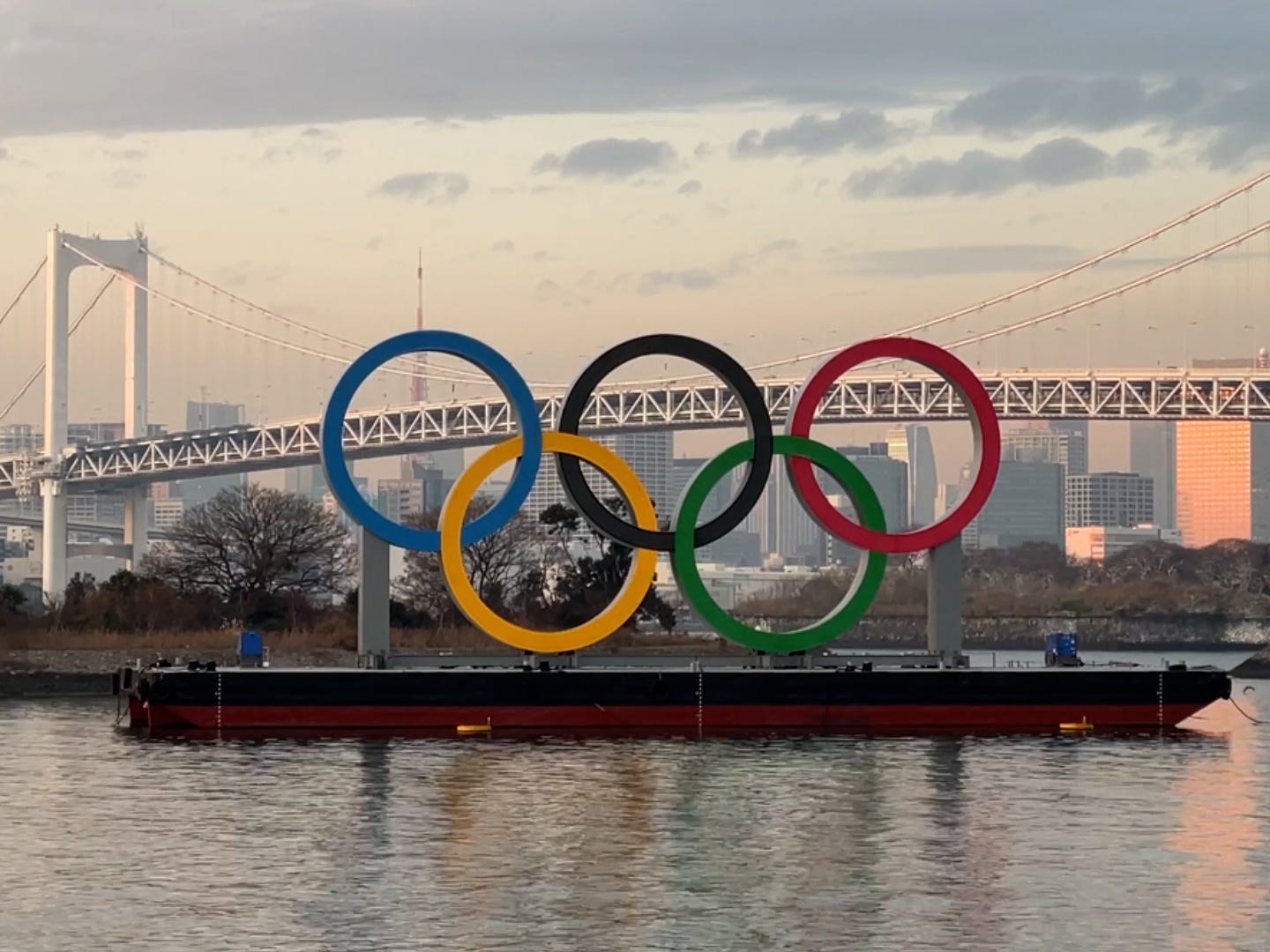
Kevin Reilly
- North Korea announced on Tuesday that it would skip the Tokyo Olympics, citing COVID concerns.
- The withdrawal comes after Japan extended unilateral sanctions against North Korea for two more years.
- It also dampens optimism that the Games could have lead to talks between the two Koreas and the US.
- Visit Insider's homepage for more stories.
North Korea says it will skip the Tokyo Olympics to protect its athletes from COVID in a move that coincides with Japan's extension of its unilateral sanctions against North Korea.
The North Korean sports ministry said in a statement to the Washington Post: "The National Olympic Committee of the Democratic People's Republic of Korea discussed and decided not to participate in the 32nd Olympic Games to protect athletes from the global health crisis by the vicious virus pandemic."
Nikkei Asia reported that this withdrawal marks the first time that North Korea has skipped the Olympics since 1988 – when the North withdrew to protest the Olympic committee's decision to host the games in South Korea.
The withdrawal comes just as Japan said that it would extend unilateral sanctions against North Korea for two more years.
According to reports from the Japan Times, Japan spent the last several months considering extending its long-standing unilateral sanctions on North Korea.
Japan's sanctions are not new. Tokyo imposed limited sanctions against North Korea in 2006, banning bilateral trade and flights between North Korea and Japan and prevented North Korean-registered ships from entering Japanese waters or docking at Japan's ports.
Broader sanctions - which came into force in 2009 - prohibited exports to North Korea.
The sanctions were due to expire on April 13, but Japan's Chief Cabinet Secretary Katsunobu Kato hinted last week that Japan was looking to extend the sanctions in response to North Korea's ballistic missile tests on March 25.
According to a report by the Japan Times, a source within the Japanese government said that the extension was viewed as a way to put pressure on Pyongyang, with the aim of not only denuclearizing, but holding the North Korean regime accountable for the abduction of some 17 Japanese citizens in the 1970s and 1980s.
The extension of Japan's sanctions was formalized today.
"Since Prime Minister Koizumi's last visit to North Korea in 2004, bad relations between the two countries have persisted," Atsuhito Isozaki, an associate professor at Keio University, told Japanese media outlet NK News. "It's been Tokyo's position that it will extend sanctions as long as there's no change in Pyongyang's attitude."
North Korea's withdrawal from the Tokyo Games may have dashed South Korean President Moon Jae-in's hopes that the Olympics would help forge a path forward for fresh talks between the two Koreas, and broader multilateral talks with Japan and the US.